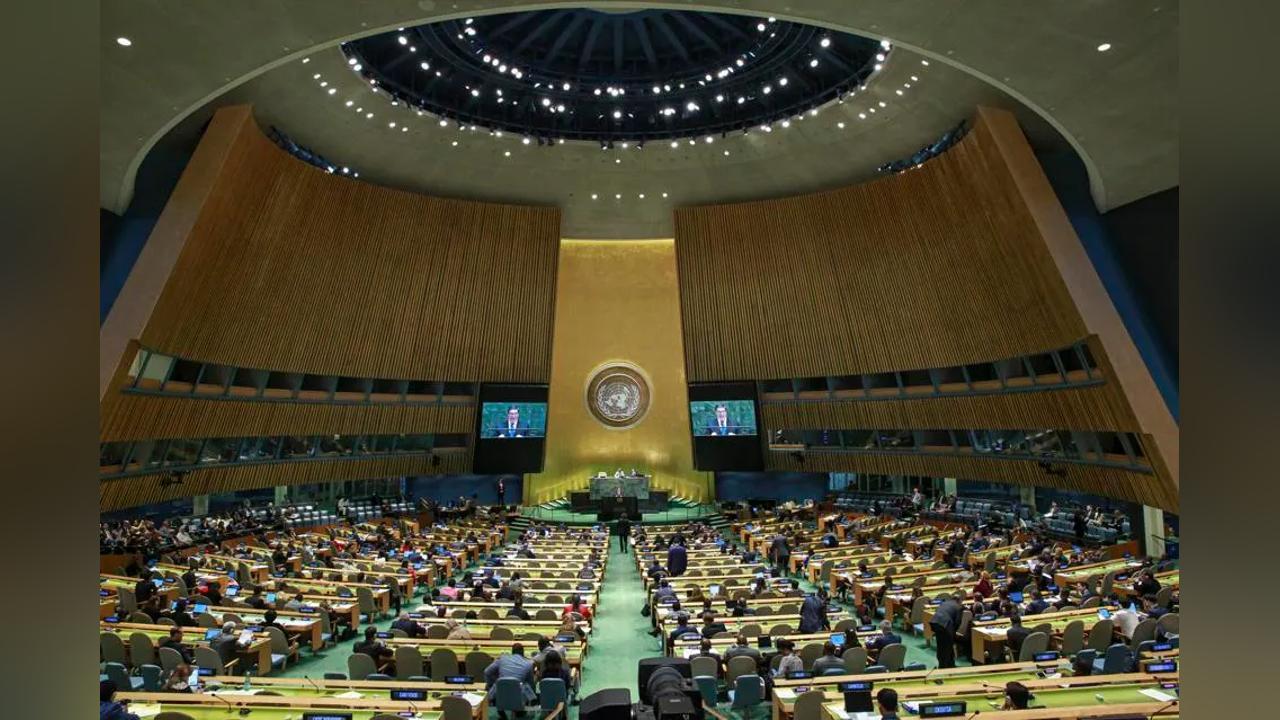Africa-Press – Angola. African leaders on Wednesday in Addis Ababa adopted a Declaration focused on Accelerating Global Climate Solutions, reinforcing the continent’s commitment to green and resilient development, supported by fair and equitable financing.
The approval took place during the Second Africa Climate Summit (ACS2), which closed this Wednesday (10), and is considered historic for placing the continent at the forefront of global climate action.
In the same context, the Africa Climate Innovation Compact was launched, an instrument that reinforces continental leadership in solutions designed and implemented by Africans themselves.
The leaders argued that specific nature-based solutions are the main path to building resilience and sustainability, with Ethiopia’s Green Legacy Initiative being highlighted as a continental model of reference.
The Declaration urges the international community to ensure strengthened and continued support to extend programs such as the African Union’s Great Green Wall, the African Forest Landscape Restoration Initiative, and Ethiopia’s Green Legacy.
From Vulnerability to Leadership
More than a technical document, the Addis Ababa Declaration is seen as a political milestone transforming Africa’s image from a vulnerable continent into a leader in climate solutions.
The document that defends justice, equity and genuinely African innovation, places African countries as protagonists in the global response to climate change, affirming that the continent should not be treated as a recipient of external solutions, but rather as a decisive and decisive player in building a sustainable future.
During the proceedings, the heads of state and government participating in the event also advocated for the need to reform the global climate finance architecture to reduce Africa’s debt burden and ensure that financial flows are directed towards the priorities defined by the continent’s countries themselves.
Message to the World
In his closing remarks, delivered on behalf of the Chairperson of the African Union (AU) Commission, Mahamoud Ali Youssouf, the African Union Commissioner for Political Affairs, Peace and Security, Bankole Adeoye, emphasized that Africa can no longer be seen as a mere recipient of imposed solutions, but rather as the architect of its own climate future.
He emphasized that Africans will transform a crisis conversation into opportunity, from aid to investment, and from external prescriptions to African innovation.
The official recalled that African demands for climate finance are not requests for charity, but rather calls for equity, justice, and shared global responsibility, adding that climate finance can not become a new form of debt, but it must be a path to sovereignty and not servitude.
The commissioner also emphasized that carbon markets must be framed as instruments of sustainable development, with direct benefits for African communities, avoiding exploitative practices.
A new chapter for Africa
With the adoption of the Declaration and the publication of the Main Report on Continental Climate Initiatives, participants affirmed that this is not just about consolidating a summit, but about opening a new chapter in the continent’s history.
Bankole Adeoye declared that Africa is not a problem to be solved, it is a solution to be strengthened, calling for unity across the continent in preparation for the United Nations Climate Change Conference (COP30).
He thanked the member states, youth, civil society, the private sector, the scientific community, and international partners for their demonstrated commitment, emphasizing that the Summit represented a turning point.
The Commissioner concluded by urging participants to continue working with one voice, one vision, and an unwavering commitment, leaving no one behind in the climate transition, demanding justice as a right, and urgently investing in African solutions for a sustainable and dignified future.
The Angolan Head of State, who is also the President pro tempore of the African Union (AU) João Lourenço, was represented at the summit by the Foreign Minister, Téte António.
Over the three days, the summit held high-level plenary sessions, technical panels, and roundtables on nature-based solutions, technological innovation, clean energy, and resilient infrastructure, as well as address linked to the deepening cooperation on climate adaptation and resilience, with an emphasis on early warning systems and public health responses.
Side events, thematic pavilions, and youth forums were also held, highlighting innovative projects in the areas of sustainable energy, smart agriculture, green technologies, trade, and climate-smart infrastructure, creating space for regional alignment and the strengthening of strategic partnerships.
During the event, it was confirmed that Africa needs USD 1.3 trillion annually to finance its climate adaptation plans.
In his opening remarks, the Chair of the African Union (AU) Commission, Mahmoud Ali Youssou, clarified that currently only USD 300 billion is proposed, mostly in the form of private investment, a figure he considers insufficient to meet the real needs of the continent.
On that occasion, he highlighted as priorities the development of smart agriculture, estimated at USD 100 billion per year over the next decade, the preservation of biodiversity and the rational management of water.
For More News And Analysis About Angola Follow Africa-Press






